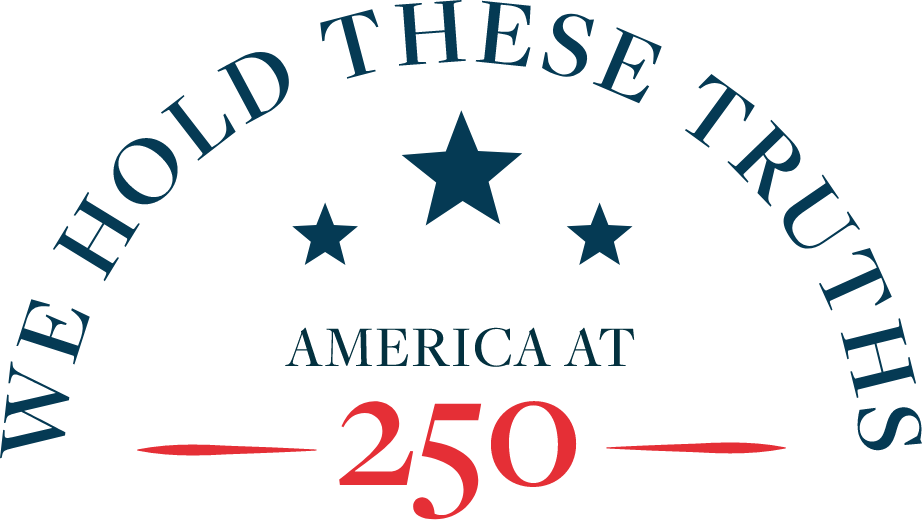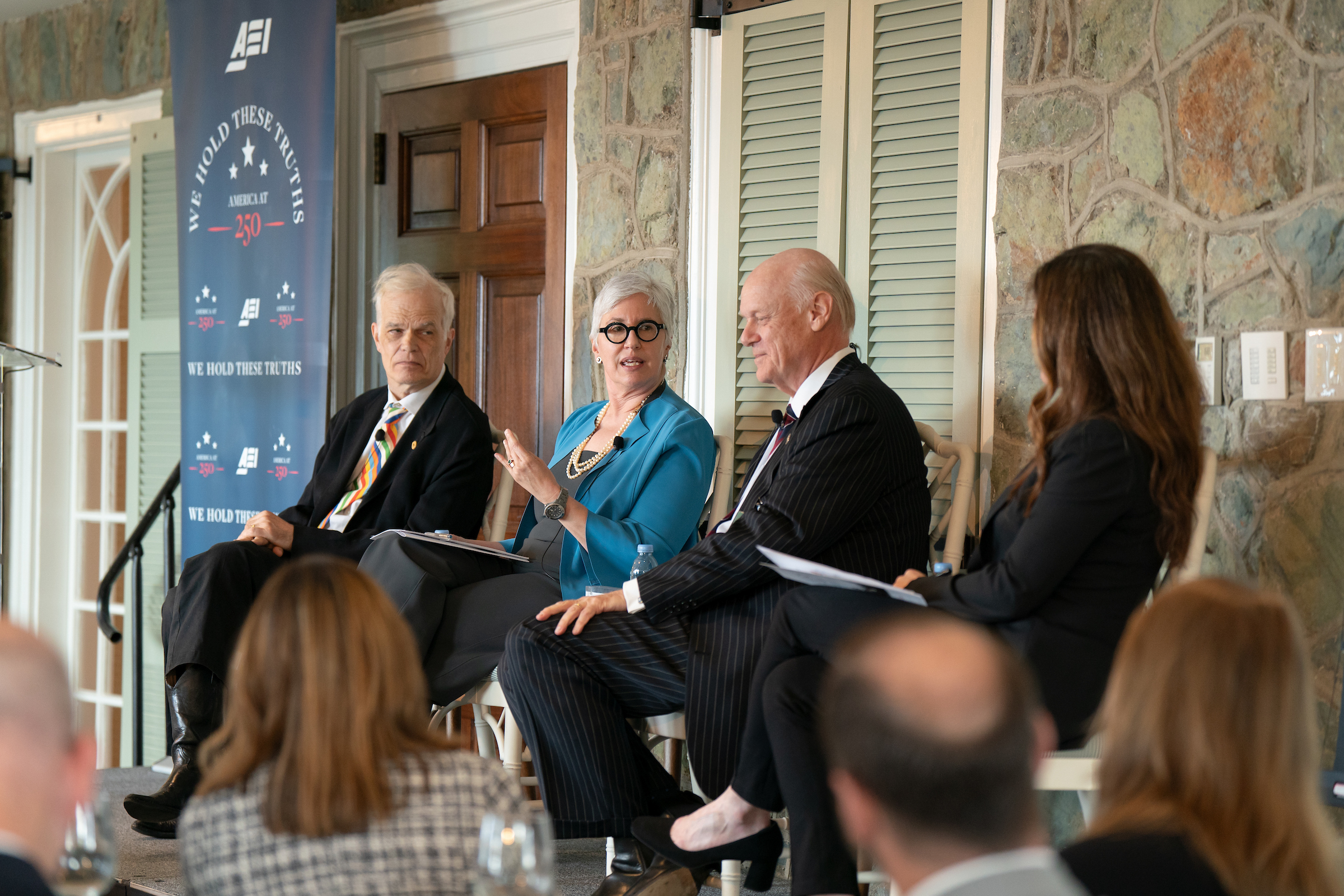In the eighth symposium of AEI’s “We Hold These Truths: America at 250” initiative hosted at Thomas Jefferson’s Monticello, historians explored how generations of Americans have defined, debated, and drawn on the memory of the American Revolution. From the early republic to the present, Americans have repeatedly written new histories of their independence movement and centered “the Spirit of ’76” in their arts and civic initiatives as a way to make sense of contemporary challenges.
Studying the American Revolution’s legacy shows how it has shaped American civic education, informed American culture, and enabled citizens to fashion a shared identity in a pluralistic nation.





